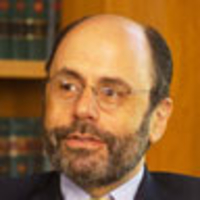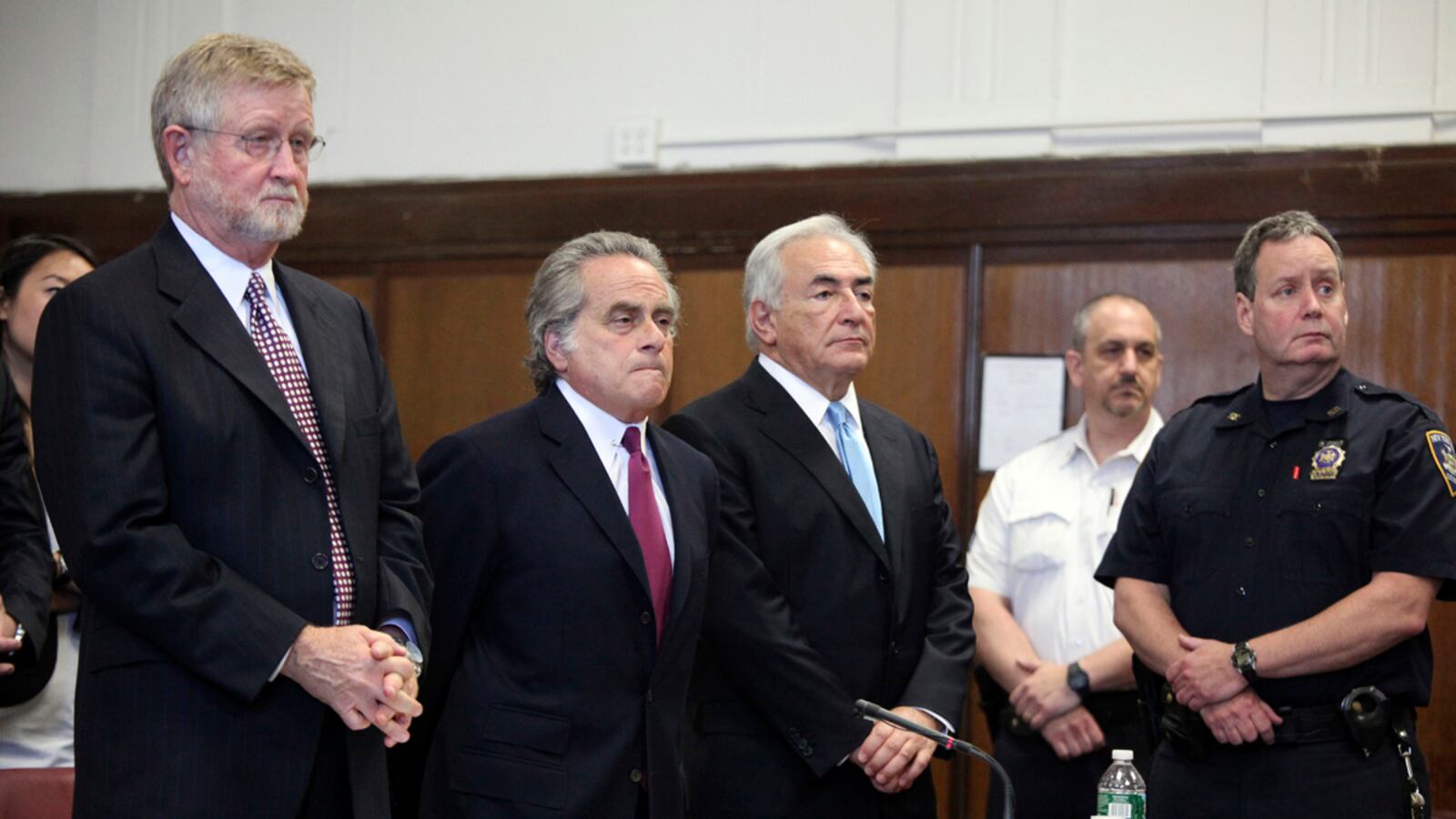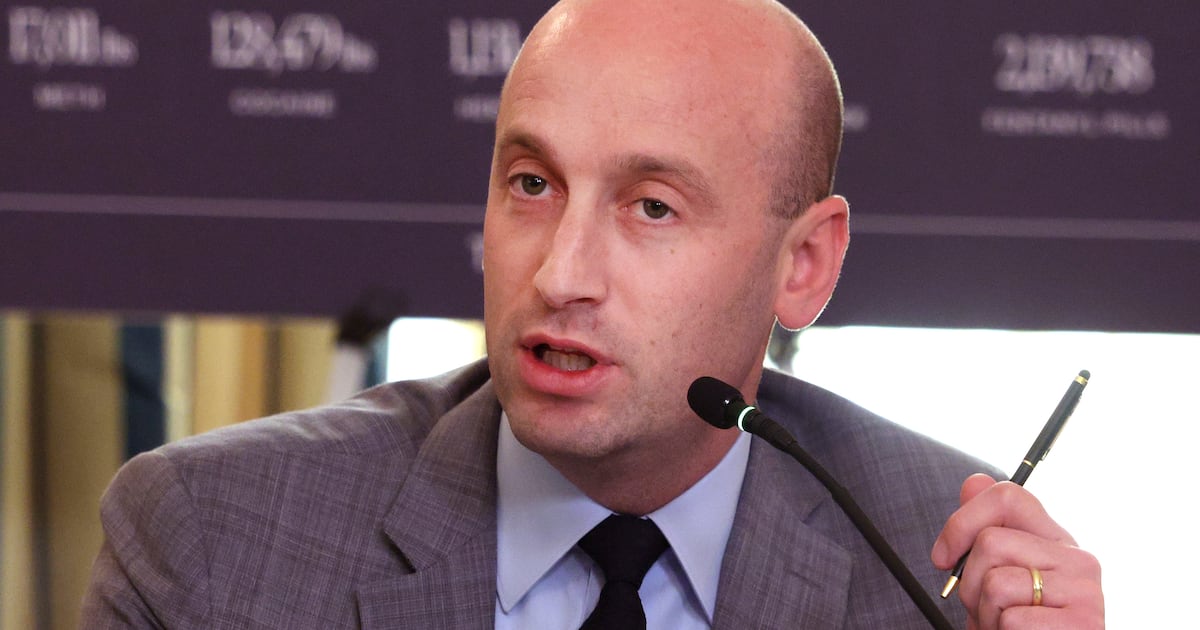The stunning turn of events in the Dominique Strauss-Khan case demonstrates once again that sex offenses, even in the hands of capable prosecutors, are often difficult to prove. Decades have now passed since Congress and state legislatures enacted rape shield laws that protect victims of sexual misconduct from unfair exploration of prior sexual behavior or sexual predisposition. The common-law notion that a defense of consensual adult sex may be bolstered by evidence that the victim was promiscuous or otherwise predisposed to consent was ground to a halt by the end of the 1970s.
This is not to say, however, that the character of an alleged sex-crime victim is out of bounds. A defendant still enjoys the constitutionally protected right to confront the alleged victim by using prior conduct to impeach the witness’s character for truthfulness. Lawyers are also free to investigate and delve into evidence of the witness’s motive to fabricate or embellish testimony. This is exactly where the DSK prosecutorial ship ran aground. Following DSK’s spectacular arrest and resolution of the bail issue, investigators for the defense and prosecution set out to determine whether the hotel chambermaid was the hapless victim she claimed to be.
From the outset, her story was somewhat suspect. She was taller, stronger, and younger than the 62-year-old, unarmed, and overweight DSK. A source close to the defense reports that not a mark was found on her body after the alleged assault. There was neither a bruise nor a contusion. Yet she claimed that she was forced against her will to perform oral sex to the point where this sexagenarian ejaculated. Improbability of this sort is the stuff that makes for reasonable doubt. But with the DA’s investigation picking up steam, impeachment material—more reason to doubt the alleged sexual assault—came raining down like a mighty stream.
According to this morning’s New York Times, this professed victim was no ordinary chambermaid. She was found to have ties to criminal activity, including narcotics trafficking and money laundering, prosecutors said. Now that the defense and DA’s investigations have progressed, inconsistencies in her interviews with police and prosecutors abound, including an inconsistent statement in which she claimed to have been the victim of a prior rape in Guinea. Perhaps most devastating is a phone conversation that she had with an inmate only a day after the alleged assault by DSK. As with all social calls from a prison or jail, the conversation was recorded. According to The New York Times report, the chambermaid “discussed the possible benefit of pursuing the charge against [DSK].”

The “benefit,” of course, was the prospect of a large money judgment in a later civil suit. In the days following the alleged assault at the Sofitel, the chambermaid assembled a legal team obviously focused on a huge recovery. The prospect of winning a civil suit would be enhanced by a conviction on the criminal indictment. Under the legal doctrine of collateral estoppel, a conviction would mean that DSK would be precluded from claiming in a subsequent civil action that he did not commit the sexual assault, with only the amount of damages left to be determined.
With these mounting credibility problems as context, the New York Post quoted an unnamed law-enforcement source as saying that the chambermaid “continuously lied to us and is not a credible witness,” concluding that “she cannot be put on the stand. She’d be a flawed witness.”
In a city as large as New York, flawed witnesses are distressingly familiar. They appear in and sometimes ruin cases of all kinds—both civil and criminal. The flawed-witness phenomenon is frequently seen in sex-crimes cases, which are most often dependent on one witness—the alleged victim. Recognizing that credibility or believability is certain to be challenged by the defense, prosecutors conduct background investigations and in close cases challenge the victim-witness with multiple interviews and an exhaustive review of the allegations.
Where sex crimes are alleged, defense lawyers sometimes defy conventional wisdom and allow the client to be interviewed by the prosecutor or share impeachment material that the defense has gathered, in an effort to persuade the prosecutor to resolve doubts in favor of the putative defendant. Formal charges of rape or other acts of sexual assault are indelible. Even acquittal by jury does not remove the stain.
DSK appears to have fallen victim to a perfect storm. He was arrested, publicly humiliated, and formally charged when the investigation was in its infancy. Prosecutors, with visions of Roman Polanski dancing in their heads, feared that DSK would never be returned to the U.S. to face the charges. With DSK, it was a classic case of shooting first and asking questions later.
Late Friday morning, the conditions of DSK’s release were substantially modified—from strict house arrest with armed guards to release on his own recognizance. It may well be that DSK will never see a New York courtroom again, since it is likely that all charges will eventually be dropped.
In the six weeks since his arrest, Dominique Strauss-Kahn has tumbled from grace. He has lost his position as head of the IMF and his viability as a presidential candidate. But most profoundly, he has lost his dignity. The public, particularly the American public, has found him guilty in the court of public opinion—based on nothing more than salacious news accounts. Rumors and gossip of other acts of sexual misconduct in France left little room for doubt. The takeaway point from this sad case is readily apparent: rushing to judgment ruins lives.






